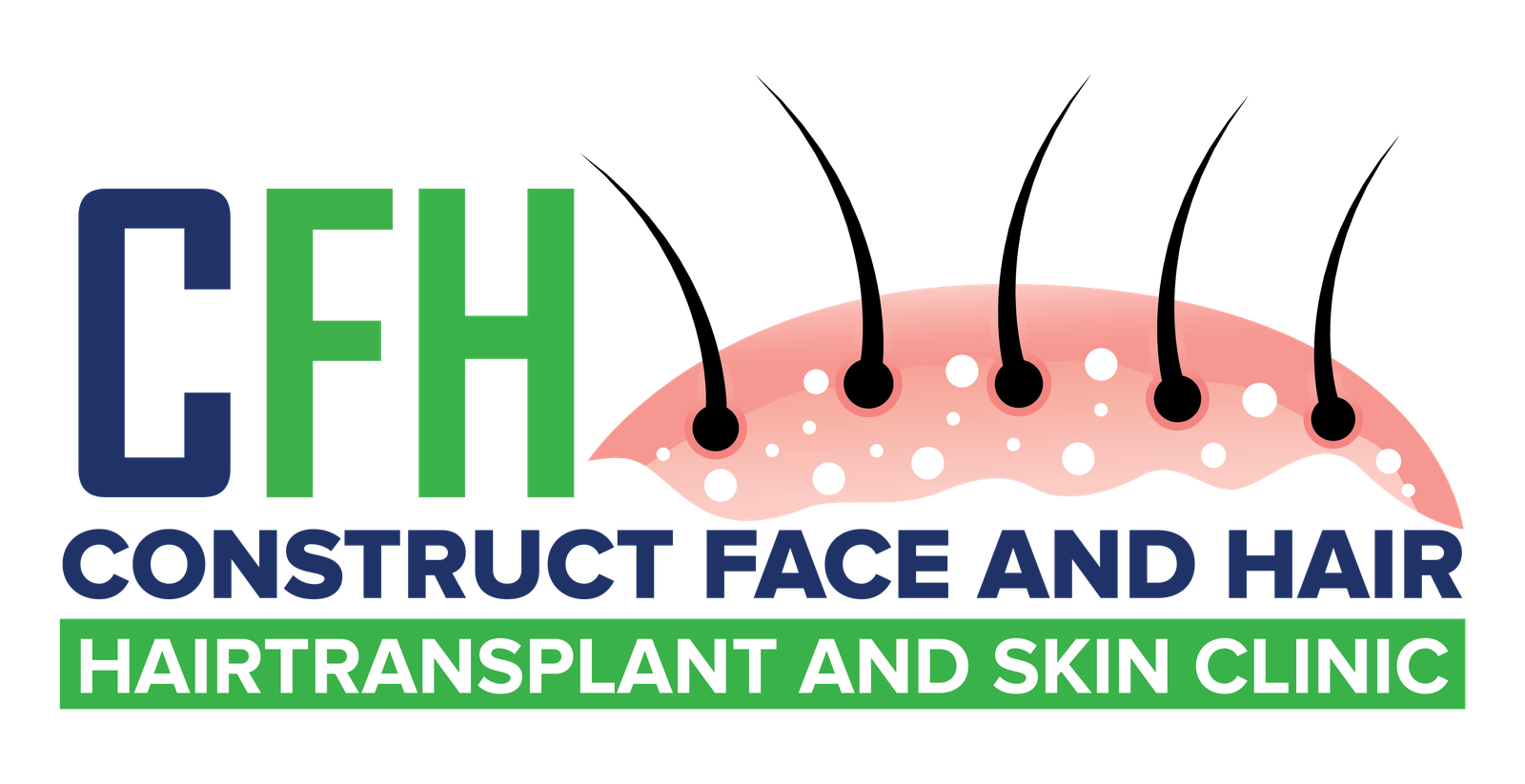Do you struggle with dandruff? You’re not alone. Dandruff affects many people, and it can be a frustrating and embarrassing condition to deal with. While there are many factors that can contribute to dandruff, one that’s often overlooked is stress.
Stress is a common trigger for dandruff, and it’s important to understand how the two are connected if you want to effectively manage your dandruff symptoms. Let us explore and understand the link between dandruff and stress, as well as the impact that stress can have on hair loss.
What is Dandruff?
Dandruff is a common condition that affects many people worldwide. It is a condition that causes flakes of dead skin to appear on the scalp, causing itchiness and discomfort.
What Causes Dandruff?
There are several physical and emotional factors that can contribute to dandruff, including:
- Physical causes of dandruff: Oily scalp, dry scalp, fungal infection
- Emotional causes of dandruff: stress, anxiety, depression
- Recent studies have suggested that stress-induced hair loss and stress-related inflammation may also contribute to the development of dandruff. Stress has been linked to the overproduction of sebum, which can clog hair follicles and lead to scalp irritation.
What is Stress?
Stress is a natural reaction to a perceived threat or challenge. When you’re stressed, your body releases hormones like cortisol and adrenaline, which can cause physical symptoms like an increased heart rate, rapid breathing, and muscle tension. While stress is a normal part of life, chronic stress can have negative effects on your health.
The Connection Between Dandruff and Stress:
Stress can contribute to dandruff in a few different ways. First, stress can weaken the immune system, which can make it harder for your body to fight off yeast and other microorganisms that can contribute to dandruff. Second, stress can cause an increase in oil production on the scalp, which can create a breeding ground for yeast and bacteria.
Finally, stress can also cause skin inflammation, which can lead to itching and flaking on the scalp. If you’re already prone to dandruff, stress can exacerbate your symptoms and make them more difficult to manage.
The Impact of Mental Health on Dandruff:
Mental health can have a significant impact on dandruff symptoms, and there is a growing body of research that supports this connection. Here are some key findings:
- Research on the relationship between depression and dandruff: Studies have found that people with depression are more likely to experience dandruff symptoms than those without depression.
- How stress affects the immune system and scalp health: Chronic stress can weaken the immune system and increase inflammation in the body, leading to dandruff.
- The role of anxiety in triggering dandruff symptoms: Anxiety can cause an increase in sebum production, which can contribute to dandruff symptoms.
The Impact of Stress on Hair Loss:
In addition to contributing to dandruff, stress can also have a negative impact on hair loss. When you’re stressed, your body directs its energy toward responding to the perceived threat or challenge. This can cause hair follicles to enter a resting phase, which can lead to hair loss.
Additionally, stress can cause hormonal imbalances that can contribute to hair loss. For example, chronic stress can increase levels of the hormone dihydrotestosterone (DHT), which is known to contribute to hair loss in both men and women.
Conditions Related to Dandruff:
Dandruff can be mistaken for other skin conditions such as psoriasis, eczema, and seborrheic dermatitis. These skin conditions can cause symptoms similar to dandruff, such as itchiness and flaking. However, these conditions require different treatment approaches. It is important to consult a dermatologist to differentiate between dandruff and other skin conditions and receive appropriate treatment.
Preventing and Treating Dandruff:
Preventing and treating dandruff involves addressing the underlying causes. Here are some tips to help prevent and treat dandruff:
• Exercise, meditation, or other stress-reduction methods can help you manage your stress levels.
• Shampoo and hair care products to treat dandruff – Look for products containing active ingredients such as pyrithione zinc, salicylic acid, or ketoconazole.
• Natural remedies to reduce dandruff symptoms – tea tree oil, coconut oil, and aloe vera are all-natural remedies that may help to reduce dandruff symptoms. It is best advised to avoid using hair products that have harsh chemicals or irritants.
• Keep your scalp clean and moisturized.
• If your dandruff persists, consult a dermatologist for further treatment options.
Conclusion:
In conclusion, dandruff can be a sign of an underlying health problem, such as stress. Understanding the connection between dandruff and stress can help us take proactive steps to prevent and treat it. By managing stress levels and taking care of our scalp, we can improve the overall health of our hair and prevent potential hair loss.
